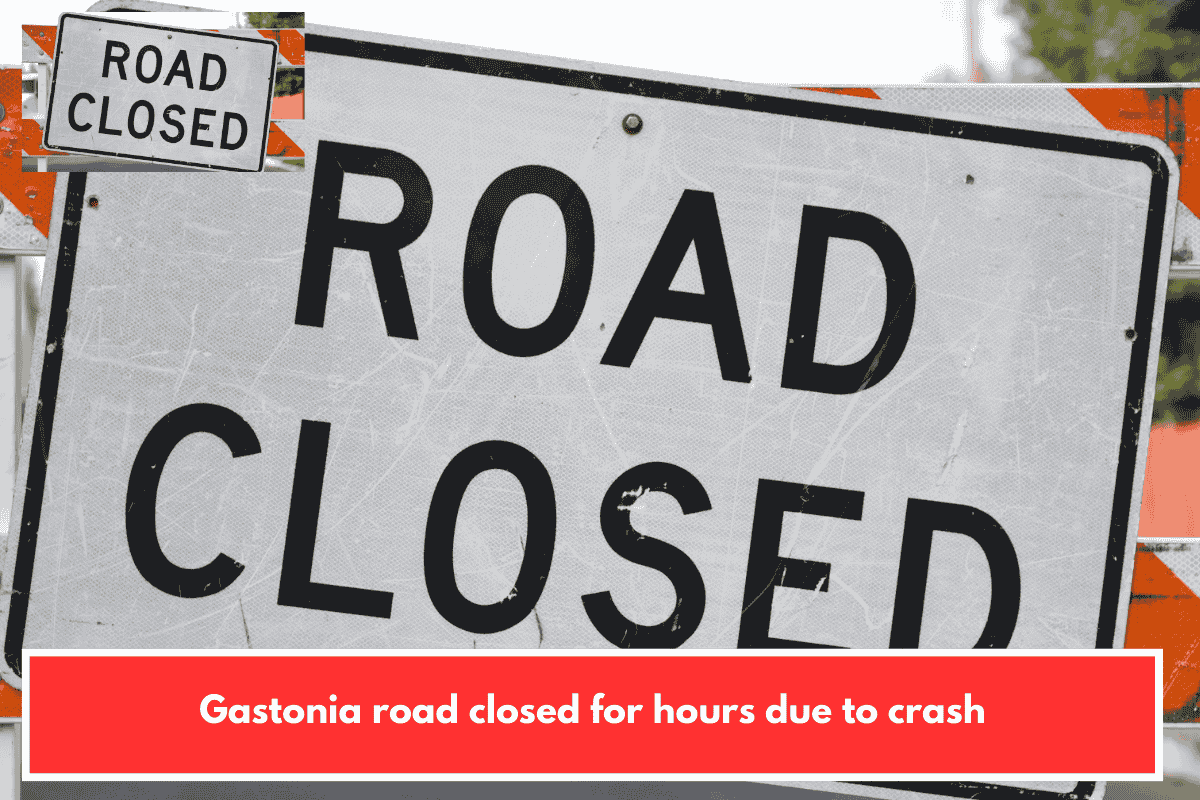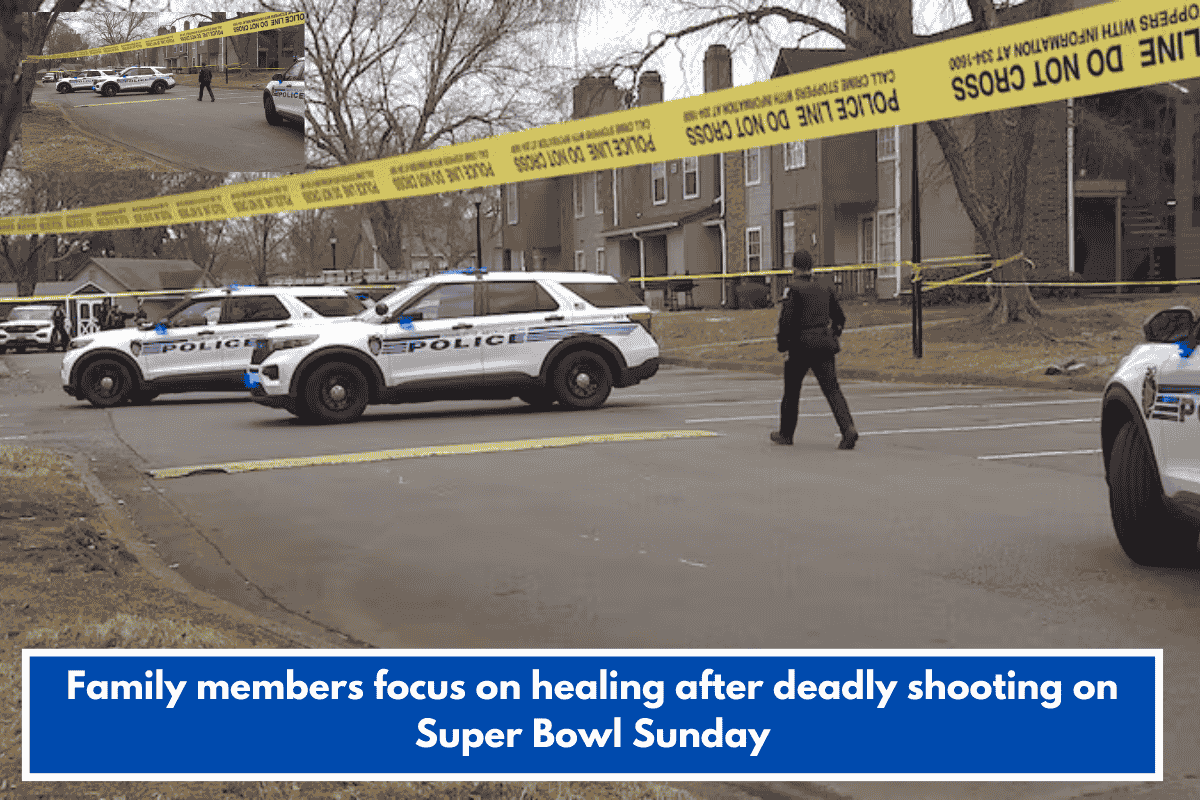Dash cameras, or dash cams, have become a common tool for drivers. These small devices record footage from a car’s dashboard, providing valuable evidence in case of accidents, road disputes, or insurance claims. However, like many tools used on the road, there are rules and regulations surrounding their use. In Delaware, understanding the local laws regarding dash cams is important to ensure you’re following the rules and avoiding any legal trouble.
This article explains the regulations surrounding dash cams in Delaware, including how and where they can be mounted, privacy concerns, and the potential legal implications of using them.
Are Dash Cams Legal in Delaware?
Yes, dash cams are legal in Delaware. Drivers are allowed to install dash cams in their vehicles, and using them for personal or commercial purposes is permitted. Dash cams can provide crucial evidence in the event of an accident or a legal dispute, offering a clear view of what happened during an incident.
However, while they are legal, there are a few important regulations to keep in mind when installing or using a dash cam in Delaware.
Mounting the Dash Cam
In Delaware, as with many other states, there are rules about where you can mount a dash cam. The primary concern is that the dash cam should not obstruct the driver’s view. According to Delaware’s laws, any equipment mounted on your windshield should not interfere with the driver’s ability to see the road. This is to ensure safety and avoid accidents caused by distracted driving or impaired visibility.
Dash cams should be mounted on the lower part of the windshield, typically behind the rearview mirror. This placement ensures that the camera can capture the road ahead without obstructing the driver’s line of sight. It’s also advisable to avoid mounting the camera in such a way that it blocks any sensors, such as those for automatic braking or lane assistance.
Privacy Concerns and Dash Cam Footage
While dash cams are legal in Delaware, there are privacy considerations to keep in mind. The footage recorded by a dash cam can include not just the driver’s own vehicle but also other cars, pedestrians, and private property.
If the dash cam records video or audio of people in private areas, this could raise privacy issues. For example, if a dash cam records a conversation inside the car or captures footage of individuals in a private setting, it could violate privacy laws, especially if that footage is shared or used for public purposes.
In Delaware, the use of audio recording from inside a vehicle can be tricky. Delaware is a “one-party consent” state for audio recordings, which means that if you’re recording a conversation, at least one party (such as the driver) must consent to the recording. This makes it important for drivers to be cautious about recording audio while driving, as doing so without consent could result in legal problems.
Dash Cam Footage and Legal Use
Dash cams can serve as valuable evidence in legal situations. If you’re involved in an accident or a road dispute, having a dash cam recording could help prove your innocence or support your version of events. However, it’s important to understand how the footage can be used in legal contexts.
In Delaware, as in many other states, dash cam footage can be used in court as evidence, provided it meets certain legal standards. This footage must be authentic, meaning it has not been altered or tampered with, and it must be relevant to the case at hand. If the footage is used in a legal dispute, such as an insurance claim or a court case, it could help support your case or protect you from false accusations.
Insurance and Dash Cams
In some cases, having a dash cam can even lower your car insurance premiums. Some insurance companies offer discounts for drivers who use dash cams, as the footage can provide clear evidence in the event of an accident, making the claims process smoother. If you have a dash cam, check with your insurer to see if they offer any discounts or benefits for using one.
In Delaware, dash cams are legal to use, but drivers must follow certain regulations, particularly regarding the placement of the camera on the windshield and the potential privacy concerns with audio recordings. It’s important to mount your dash cam in a way that does not block your view and to be cautious about recording audio to avoid privacy violations.
Dash cams can be valuable tools for protecting yourself in case of accidents or legal disputes, but it’s essential to understand the legal framework around their use. As long as you use them responsibly and in compliance with Delaware’s laws, dash cams can be a helpful and legal addition to your vehicle.
SOURCES
[1] https://www.ddpai.com/blog/dash-cam-laws/
[2] https://law-de.com/the-role-of-dashcams-in-strengthening-auto-accident-claims-2/
[3] https://collincountymagazine.com/2025/07/11/understanding-dash-cam-regulations-in-delaware/
[4] https://www.expertmarket.com/dash-cams/dash-cam-laws-by-state
[5] https://facit.ai/insights/dash-cam-laws-by-state














